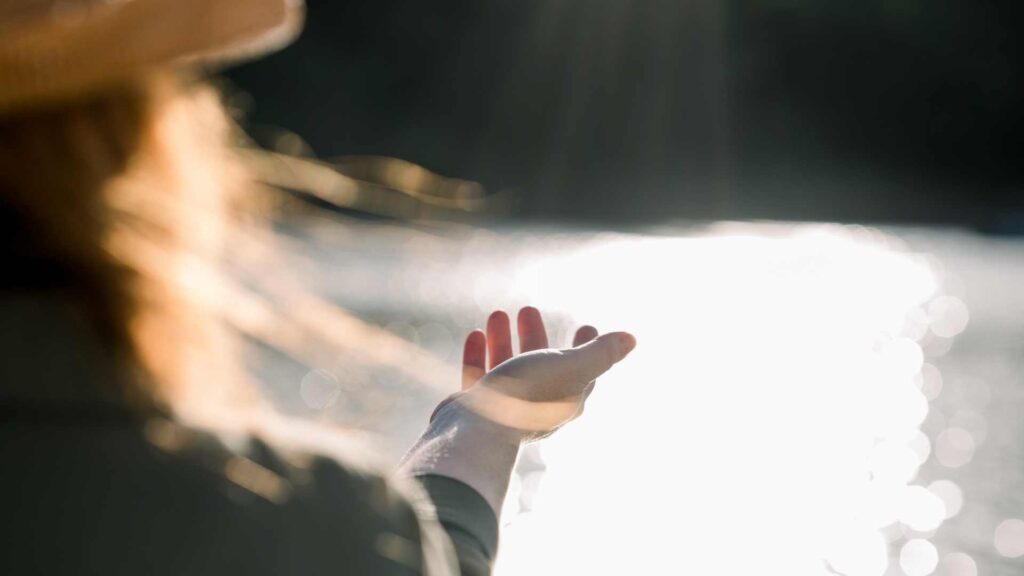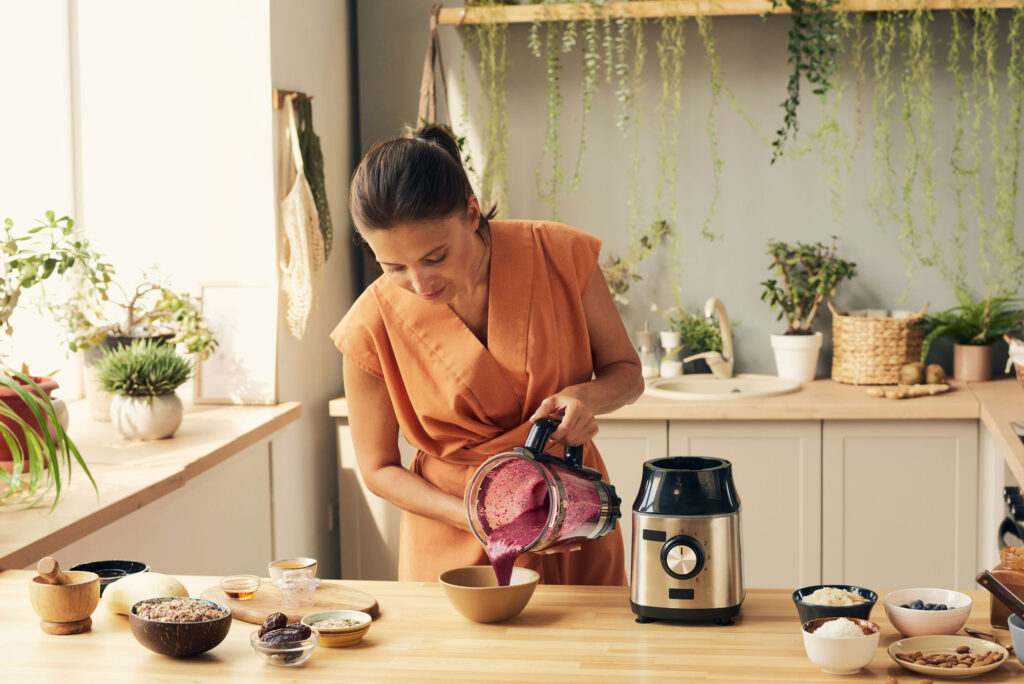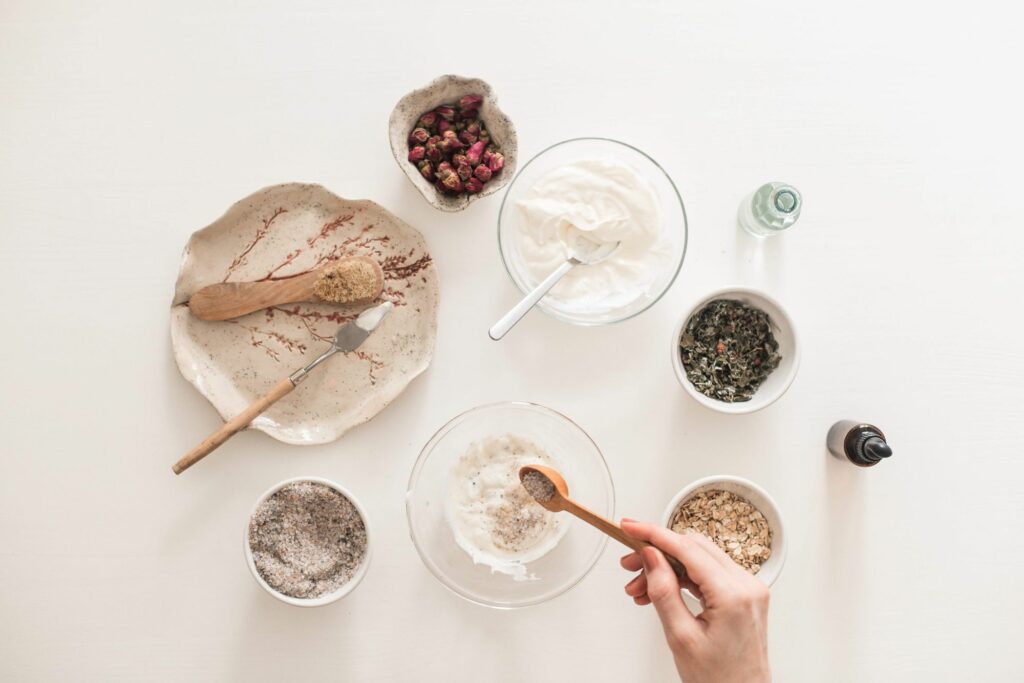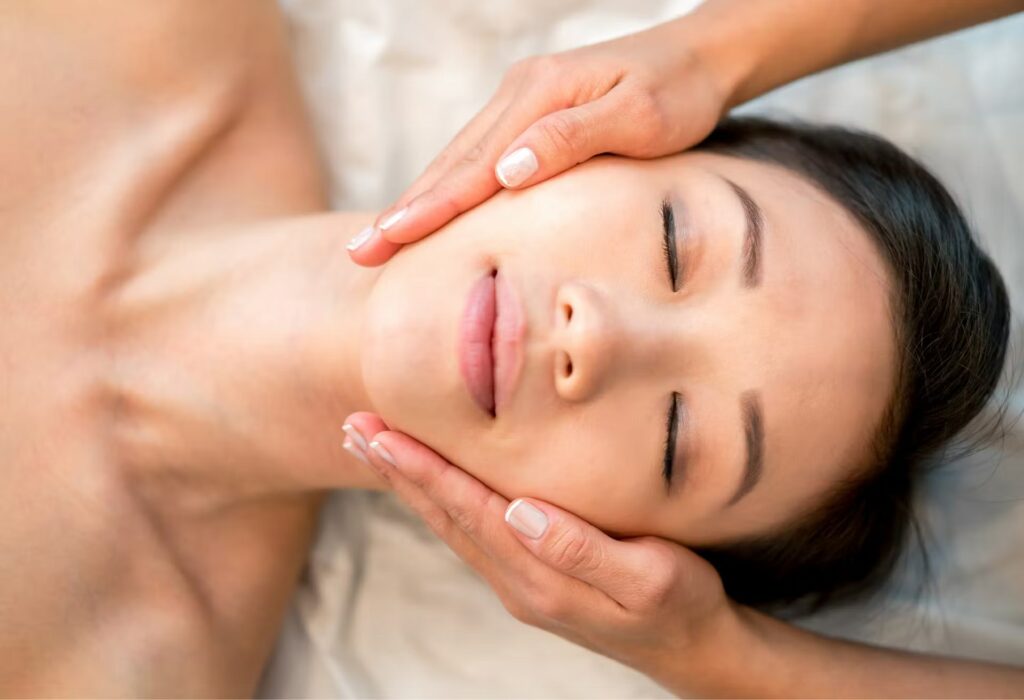Chinese medicine has a unique perspective on anxiety and other mental disorders. Rather than viewing these conditions as purely psychological, Chinese medicine understands them to be the result of imbalances in the zang-fu organs, leading to a disturbance in our shen, roughly translated as “our spirit” or our “emotional self”.
The zang-fu organs are the heart, liver, spleen, lungs, and kidneys. Each of these organs has a specific role in maintaining balance in the body. A disturbance in one or more of these Zang Organs can cause an imbalanced emotional state and lead to various symptoms, including anxiety.
At Calm San Diego, we use acupuncture, herbal medicine, massage therapy, and lifestyle coaching to help clients overcome and manage their stress, anxiety, and mood disorders.
One of our favorite ways to extend the effects of your in-office treatment is to send you home with a custom herbal formula that you either brew into a tea at home or take pills or tinctures.
Let’s take a look at some of the most common Chinese herbs we use at the clinic that can help to calm the zang-fu organs and alleviate anxiety:
1. Chai Hu (Bupleurum Peony root):
Bupleurum root, also known as Peony root or Chai hu, has a bitter and slightly sweet taste. It is one of the essential herbs in Traditional Chinese Medicine (TCM) to relieve stress, ease irritability, alleviate anxiety and depression and help promote sleep.
Bupleurum root has shown to help regulate GABA/Glutamate balance in the central nervous system by affecting the neurotransmitters in charge of mood regulation.
2. Ji Qing Hua (Passionflower):
3. Jiang Can (Silkworm Cocoon):
Jiang Can is an unusual Chinese herb made from the cocoons of silkworm that has a long history of use for treating anxiety and depression. It works by inhibiting the breakdown of a neurotransmitter called GABA, a vital neurotransmitter regulating mood and anxiety.
Research has found that people with anxiety tend to have lower levels of GABA and that people who took GABA supplements had less anxiety and felt more relaxed than those who didn’t take supplements.
4. Lian Zi (Lotus Seed):
5. Mu Li (Oyster Shell):
6. Dang Gui (Angelica Root):
Dang Gui is a prevalent Chinese herb used for many different health conditions, and it’s beneficial for anxiety because it helps calm the mind and ease stress through its impact on Serotonin production. Research shows that combined in a formula, it had therapeutic efficacy on depression.
7. Huang Qin (Skullcap):
Skullcap is an excellent option if you’re searching for an herbal tea that can help relieve stress, to calm the nerves, and ease anxiety.
It works by helping to regulate the levels of neurotransmitters in the brain, which helps keep stress and anxiety at bay. When brewed into a tea, skullcap makes a delicious and relaxing beverage that can help you feel your best.
Research shows that Skullcap positively impacts mood and reduces anxiety by stimulating gamma-aminobutyric acid (GABA), a neurotransmitter that helps calm nerves.
Skullcap has a long history of use in many traditional medicine practices as a sedative and treatment for decreasing pain and anxiety and alleviating insomnia.
Supplements:
At Calm, we sometimes also recommend supplements alongside herbal formulas for increased results (especially in cases of long standing chronic symptoms):
Vitamin B complex: Studies show that those with lower blood levels of vitamin B-12 were more likely to have depression or anxiety.
L-Theanine: This supplement is made from an amino acid found in tea leaves. This amino acid can cross the blood-brain barrier, increasing levels of GABA and serotonin, and dopamine – chemicals known to help regulate mood and have a calming effect on the nervous system. Studies showed lower stress response and cortisol levels in participants compared to a placebo.
Omega-3 fatty acids – Research shows a decreased risk of and even the potential to completely prevent anxiety and depression.
Wrap:
If you’re looking for natural ways to calm anxiety, stress, or mood disorders – reach out to book a consultation with a qualified Calm practitioner to find the right herbs for you. If you are currently taking medications, consult your doctor before taking any supplements or herbs, as some may interact with the medications you’re taking or have other side effects.





